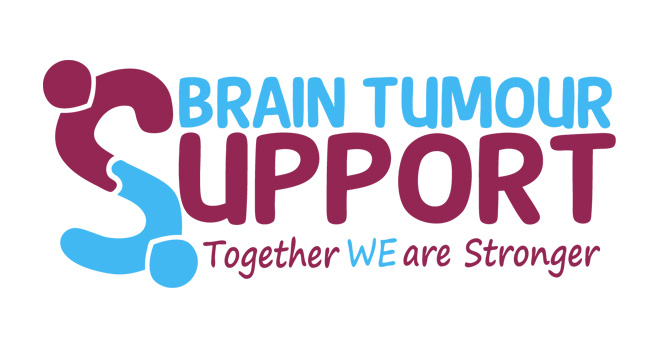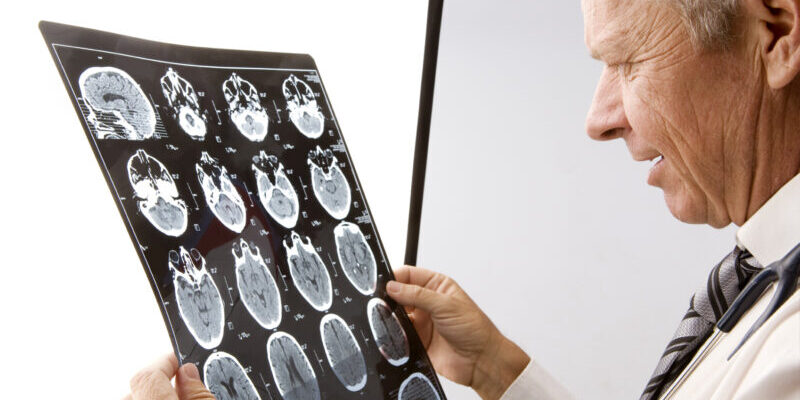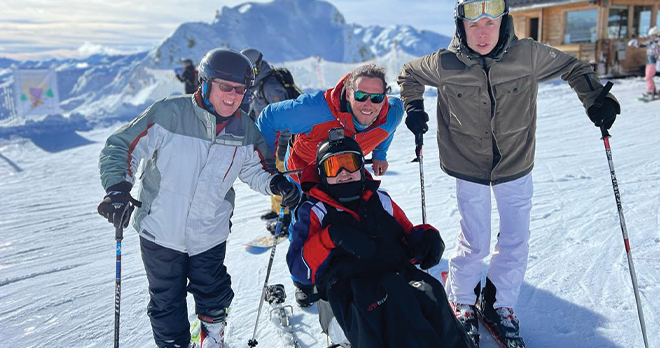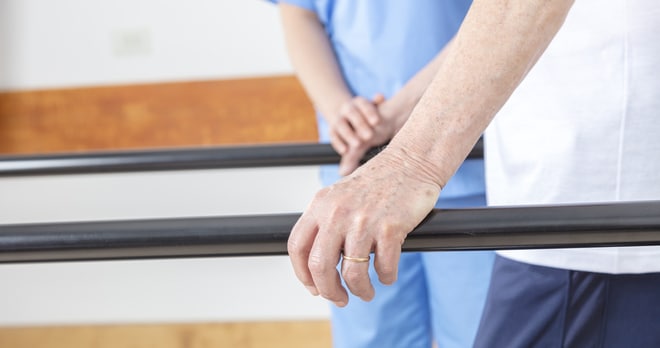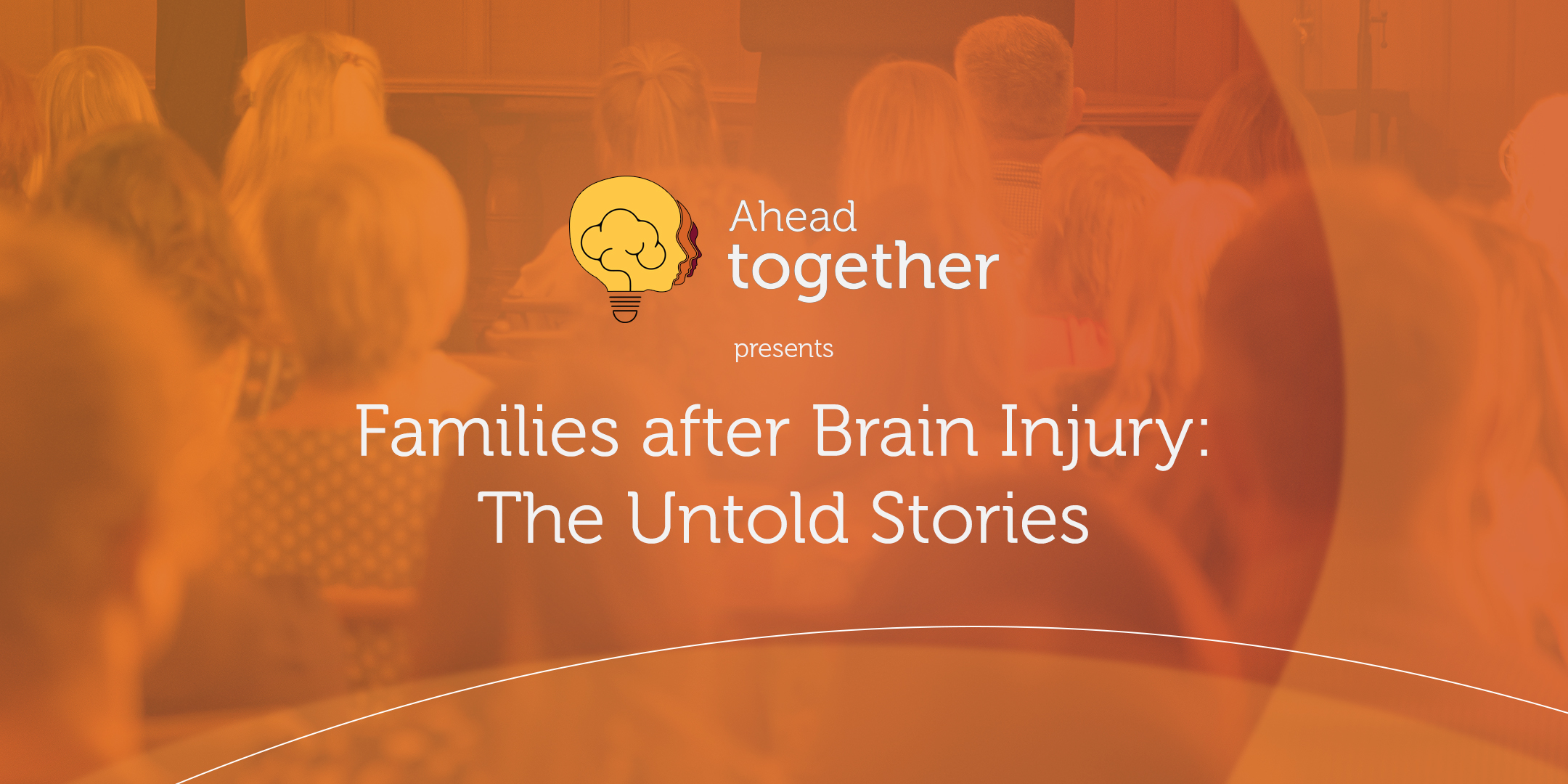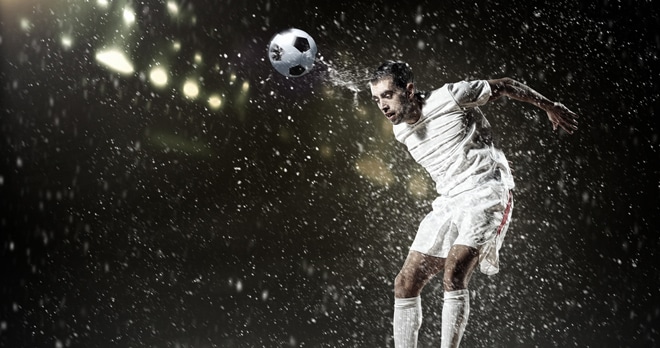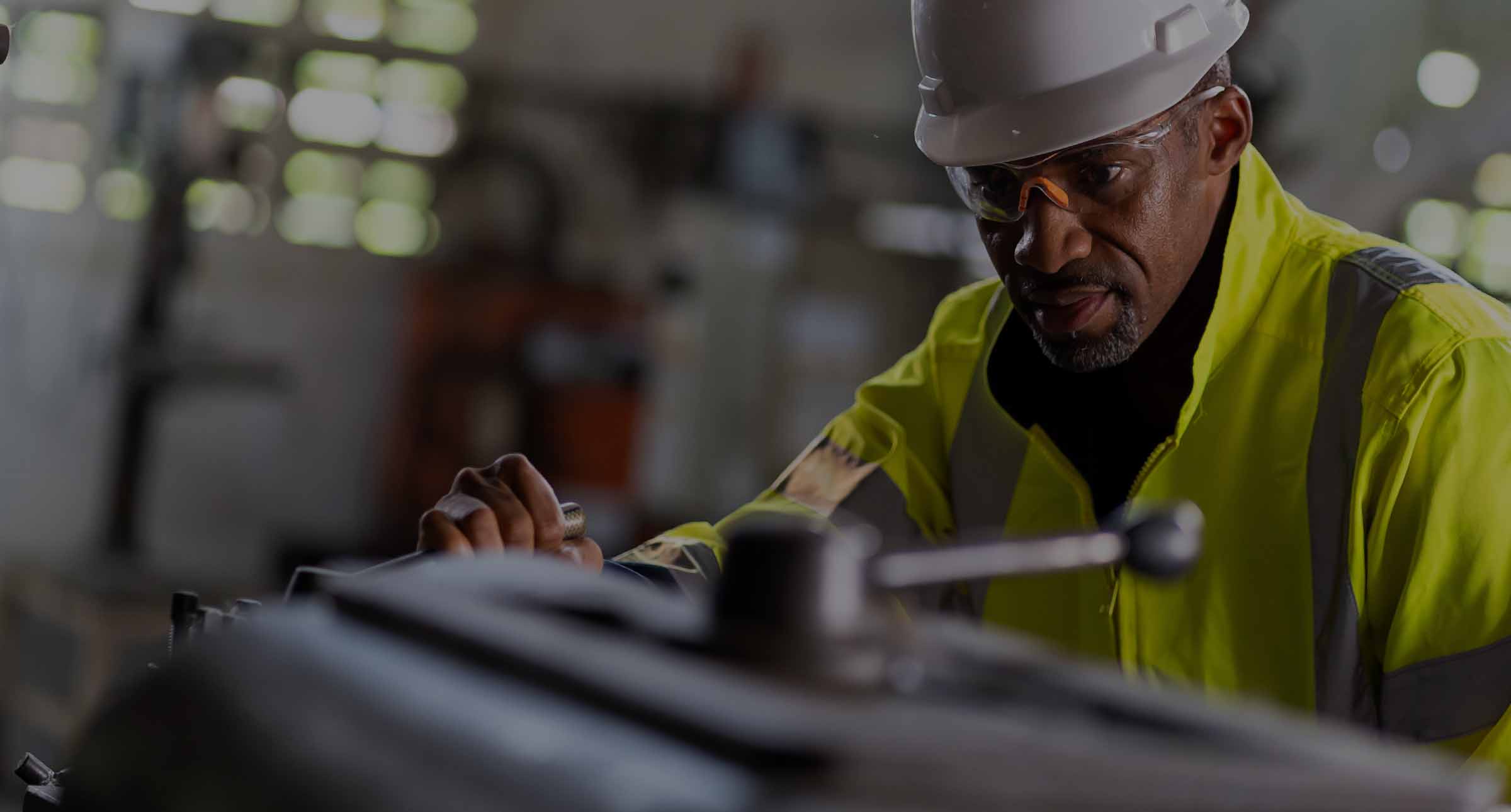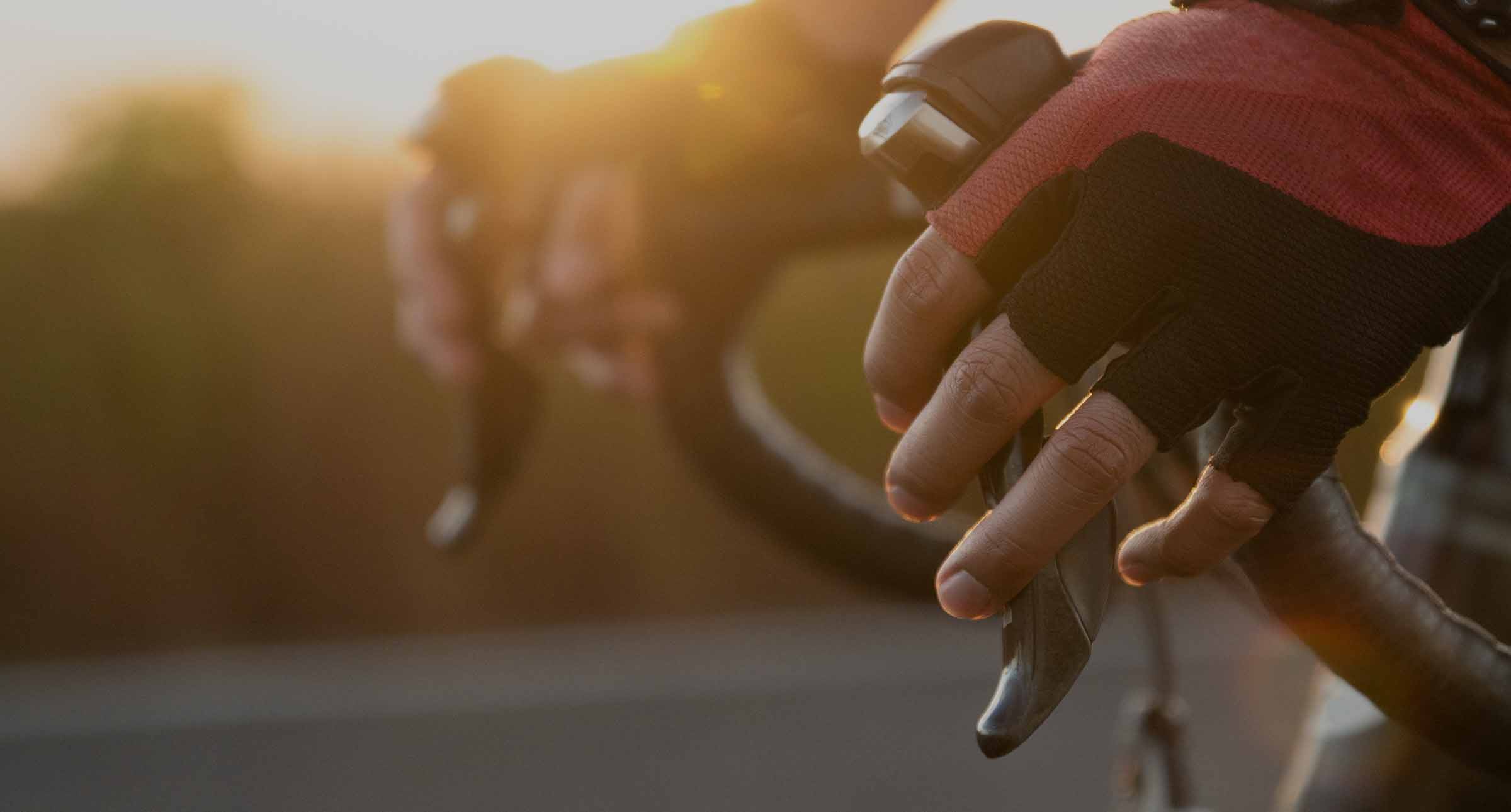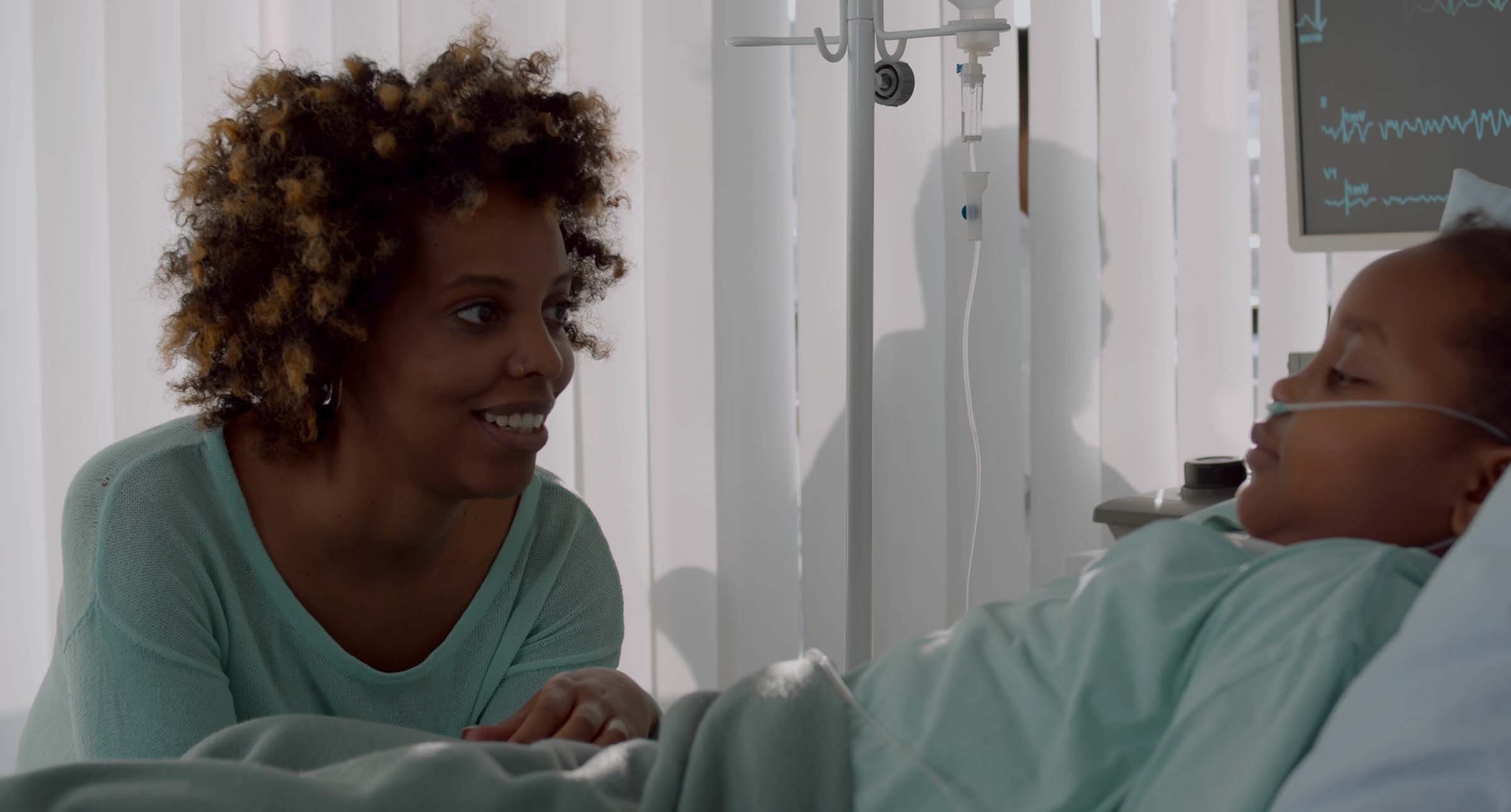How to prove a brain injury

A brain injury can have an enormous impact on you or your loved ones. At RWK Goodman, we have expertise in representing those affected by brain injury and are committed to securing the maximum compensation you deserve. We often get asked the question: "how do you prove brain damage?" and we do this through speaking to close family members; gathering evidence from police incident reports; eyewitness accounts; medical records and tests; and from independent experts when necessary.
What qualifies as a traumatic brain injury?
Whilst the brain can be injured in many different ways, such as by an infection or tumour, traumatic brain injury (TBI) is an injury to the brain caused by a trauma to the head. This may be a hard impact to the head or a jolting of the body such as in a high speed car crash.
There are many possible causes of TBI, including road traffic accidents, sports injuries, violent assaults, falls and accidents at home or at work.
Traumatic brain injury can be viewed in three stages:
- Immediately post trauma where there is reduced consciousness which may include a time in a coma or a period of minimal consciousness.
- Post traumatic amnesia when a person may have little or no memory of either things that happened in the past or in the present. This stage continues until a person can start remembering things on a day-to-day basis.
- Recovery. The recovery stage may take many months or even years. There are many after-effects of traumatic brain injury, too many to list here, but some of the common ones are such as confusion, fatigue, problems organising, personality change, loss of taste and smell, ongoing memory loss and inappropriate/ unusual behaviour.
The severity of the traumatic brain injury may depend on the length of time of reduced consciousness or post traumatic amnesia. As a rule of thumb, when the period of reduced consciousness is over 6 hours and the post traumatic amnesia persists for more than 24 hours thereafter, this would be considered a serious brain injury.
How do you prove brain damage?
A brain injury may appear obvious to those who know us well but proving brain damage to other people is not always straightforward. To obtain compensation for brain injury, you need to prove that you have suffered from brain damage and that the brain damage was caused by a particular accident or incident. These things can be proved by gathering the following evidence:
- Police or incident reports: The police account of an event can be useful in proving what happened at the time of the accident or assault.
- Photos & videos: Any physical harm suffered at the time of the injury and the evolution of the injury during the recovery period can be evidenced through photos and videos.
- Eyewitness statements: It is often difficult to remember what happened after an injury but an unharmed eyewitness may confirm how the accident happened, or how the injured person appeared after the head injury, e.g. confused or acting in an unusual manner.
- Medical records & tests: This is an incredibly important element of proving brain damage. Medical records and tests can provide evidence of the type of injury suffered and the severity of the brain damage.
Does brain damage show on a CT scan or MRI scan?
Different types of imaging are used to visualise and diagnose brain damage. Whilst some elements of brain damage show on CT scan, other elements of brain damage show on MRI.
Computerised Tomography or a CT scan is often used to provide images of the brain after a traumatic brain injury. A CT scan is particularly useful in identifying bone fractures; bleeds on the brain; and leaks of cerebral spinal fluid (CSF) which is the fluid that the brain sits in.
Magnetic Resonance Imaging or MRI tends to supplement a CT scan in visualising brain injury. Whilst a CT scan is often considered better at detecting skull fractures, MRI has increased sensitivity in detecting soft tissue injury. More powerful MRI scanners are being developed frequently, which are able to detect areas of damage in the brain that previously went undetected.
How can you tell if someone has a brain injury?
It is not always easy to tell if someone has a brain injury. Some of the signs and symptoms of brain injury to look out for are below:
- Loss or reduced consciousness or coordination
- Headaches or dizziness
- Nausea or vomiting
- Fatigue or drowsiness
- Confusion and memory loss
- Uncharacteristic behaviour or mood swings
- Difficulties with movement
- Reduced sensory function
How can we help?
If you or a loved one have recently suffered a traumatic head injury and are experiencing symptoms of a brain injury, please do get in touch. Traumatic brain injuries can have a lasting emotional, physical and financial impact and getting the right support and treatment can be exhausting and costly. You do not have to deal with this alone and we can even provide information on how best to secure rehabilitation after a brain injury. Our experienced personal injury lawyers are ready to listen to your story; ensure you obtain the brain injury compensation you need; and to walk with you on your road to recovery.
If you or someone close to you has suffered a brain injury as a result of an accident or negligence, and think you have a claim for compensation, please contact our brain injury team to see if we can help
Call now
The Untold Stories of brain injury
Brain injury remains little understood by wider society.
In our Untold Stories Hub we hope to share some of the hidden issues that come with brain injury and demonstrate how they affect individuals and their families.

